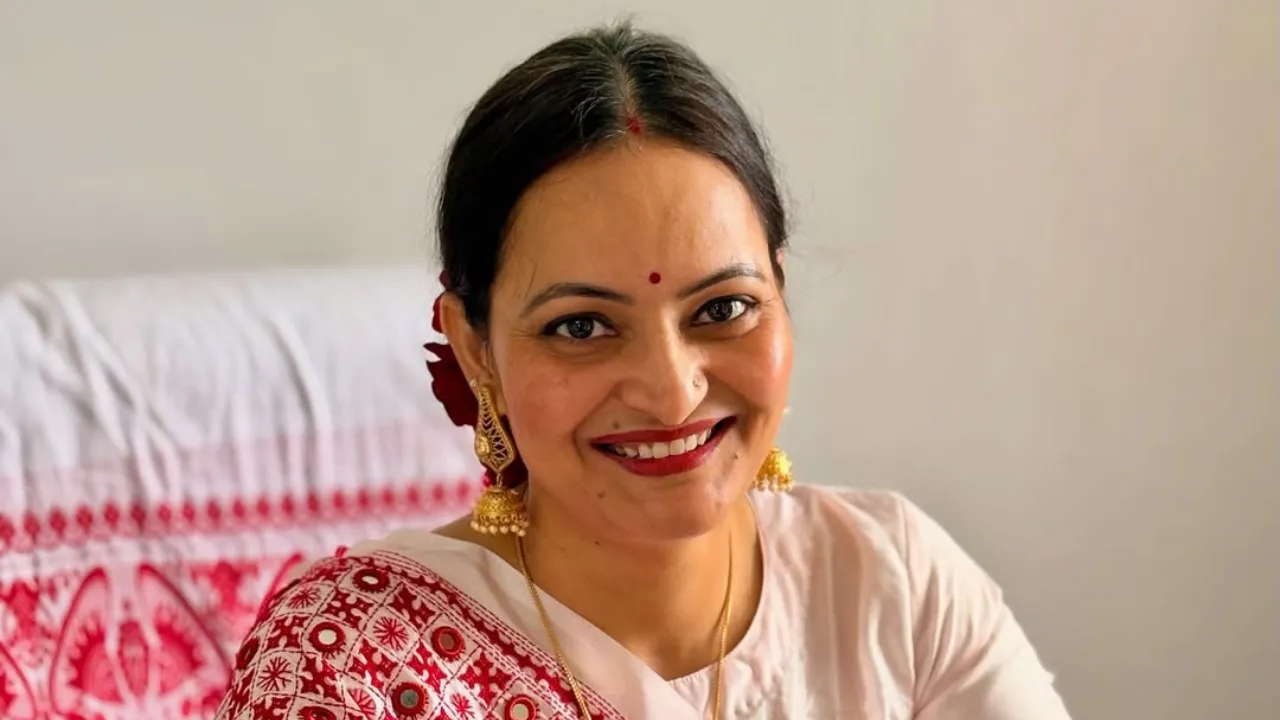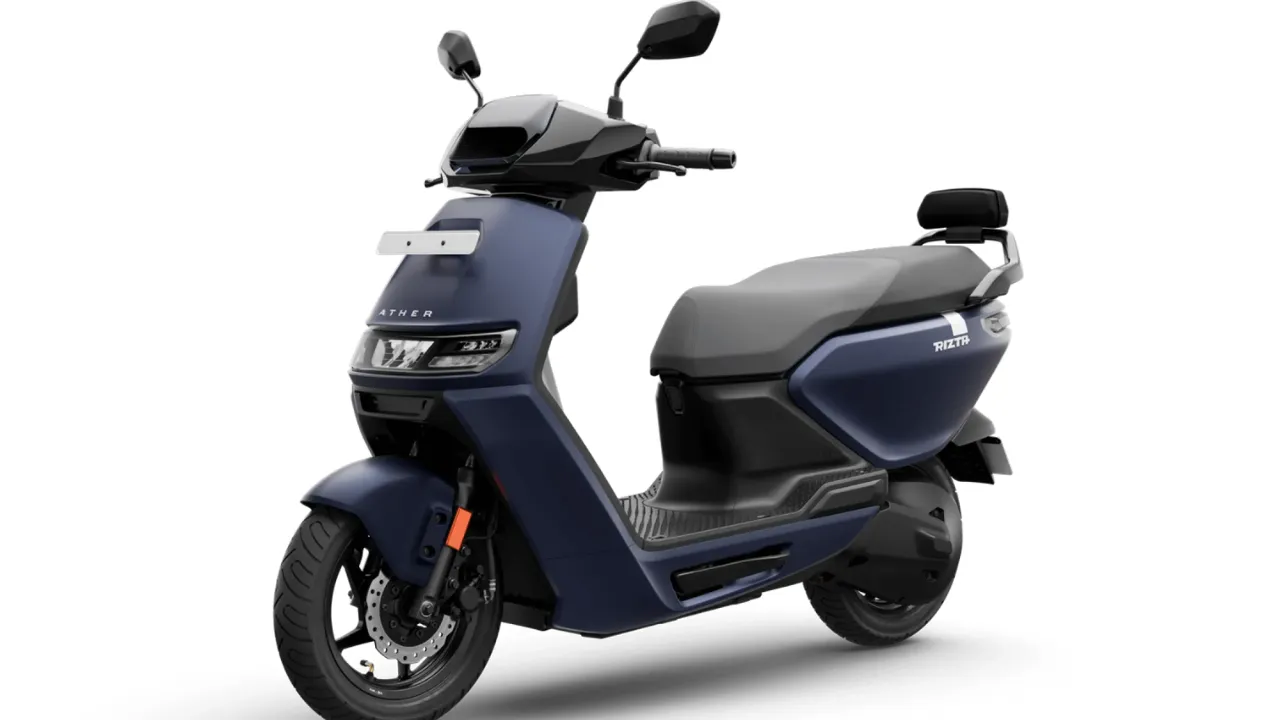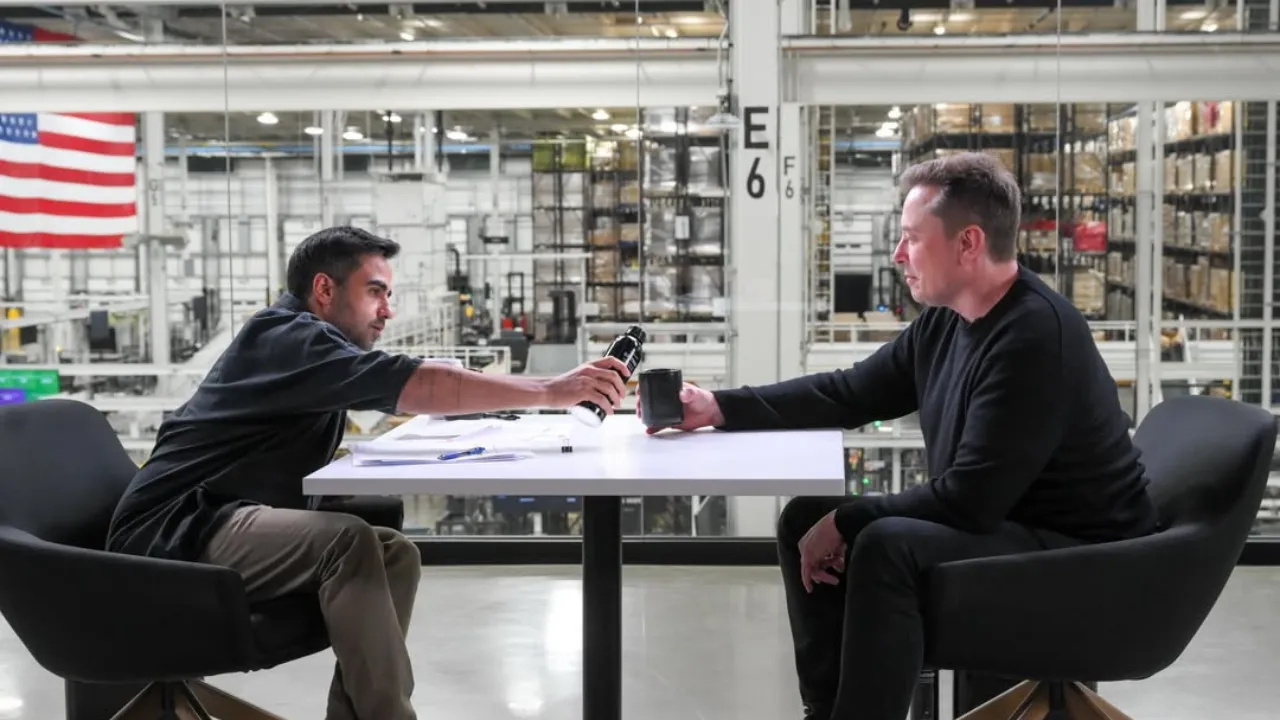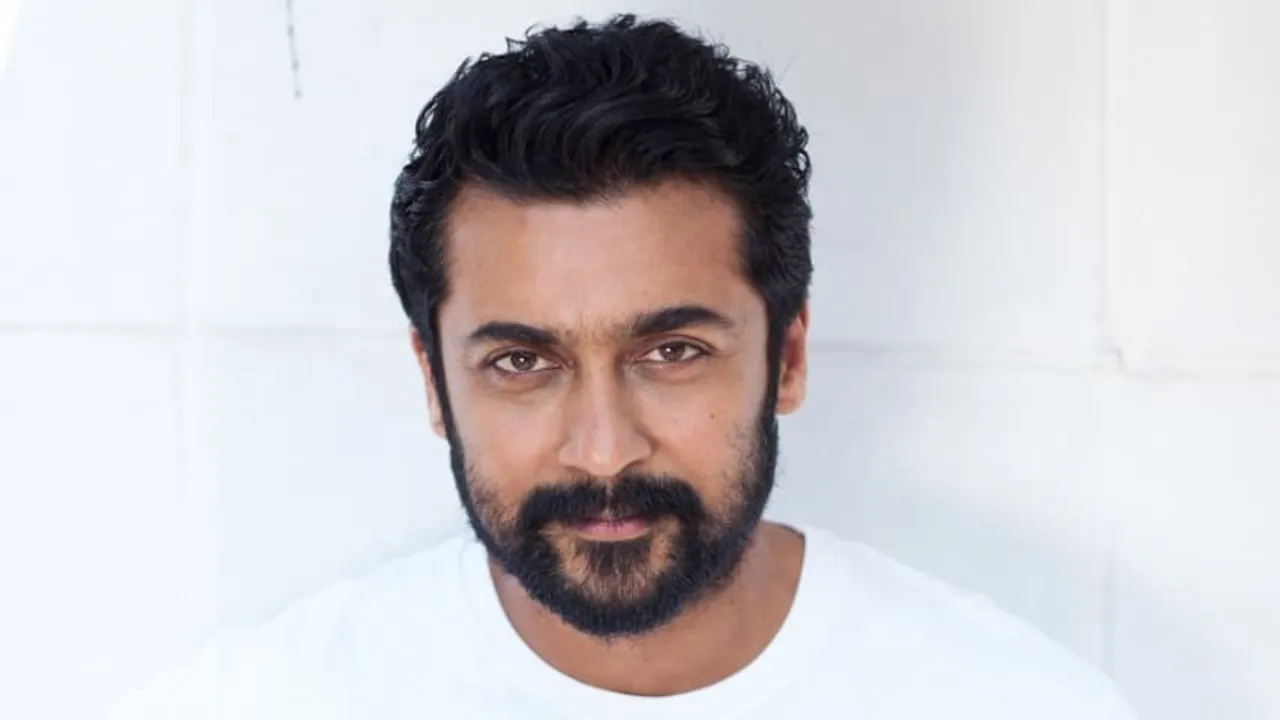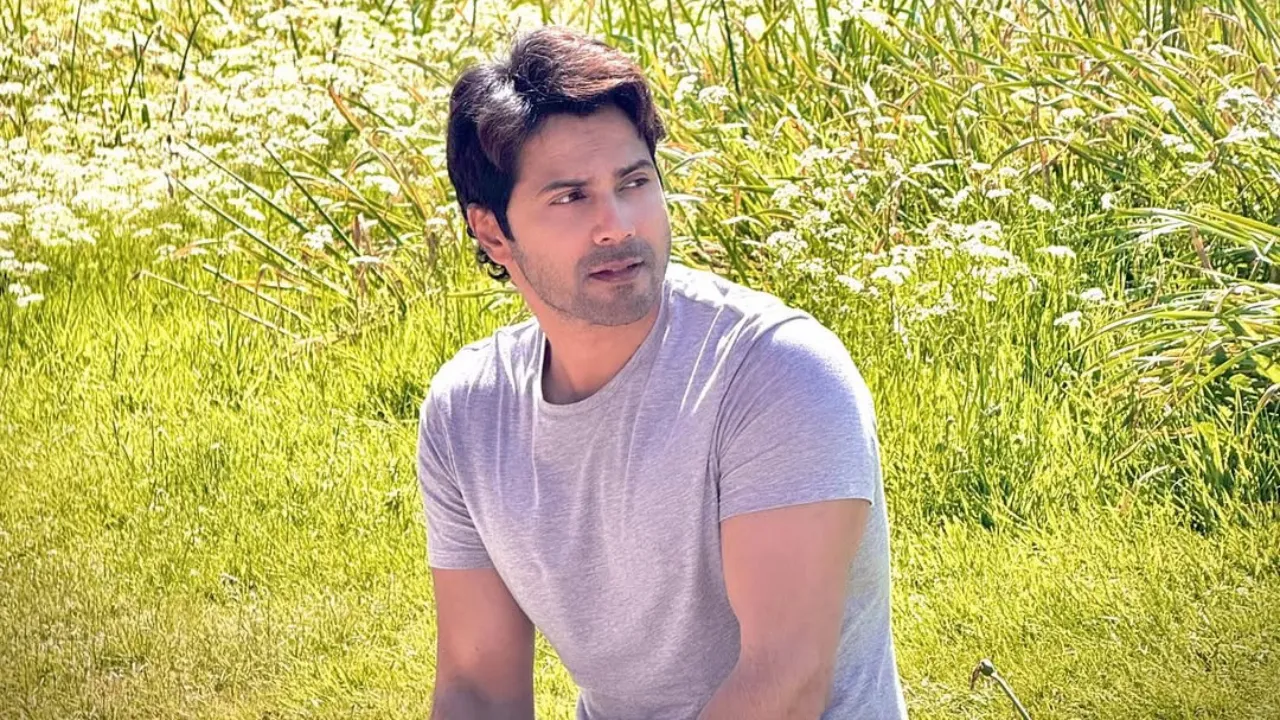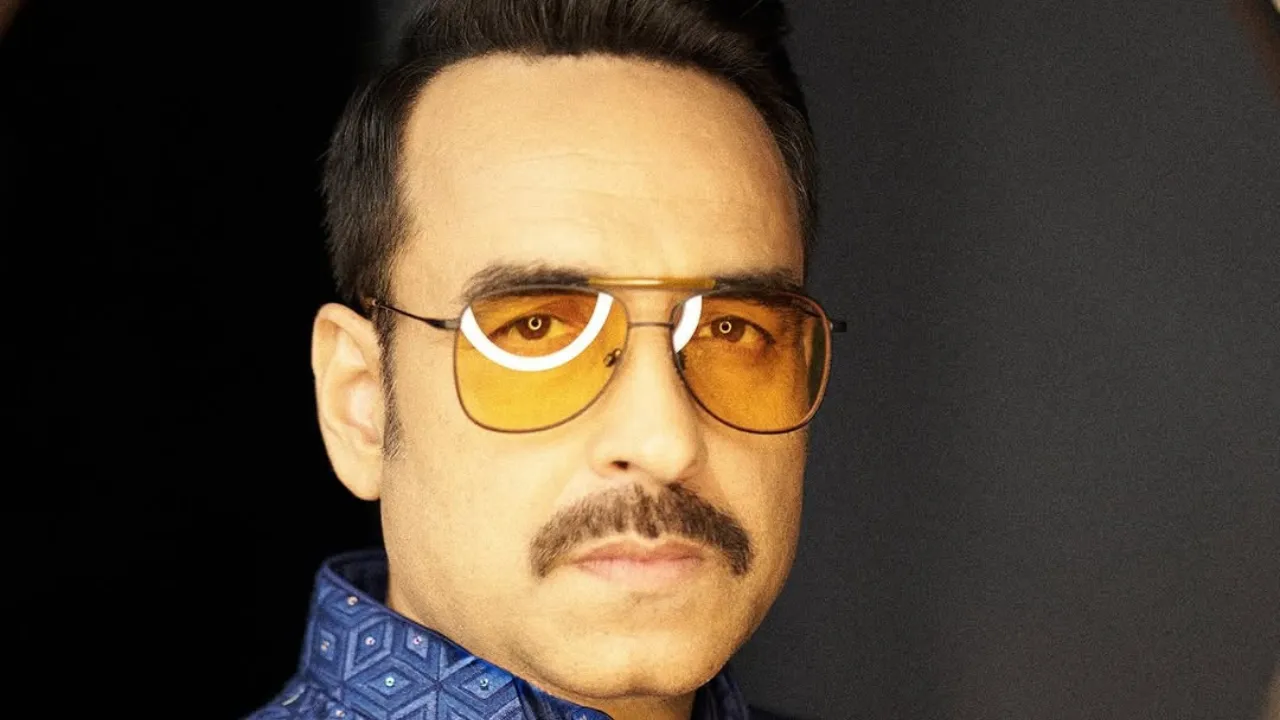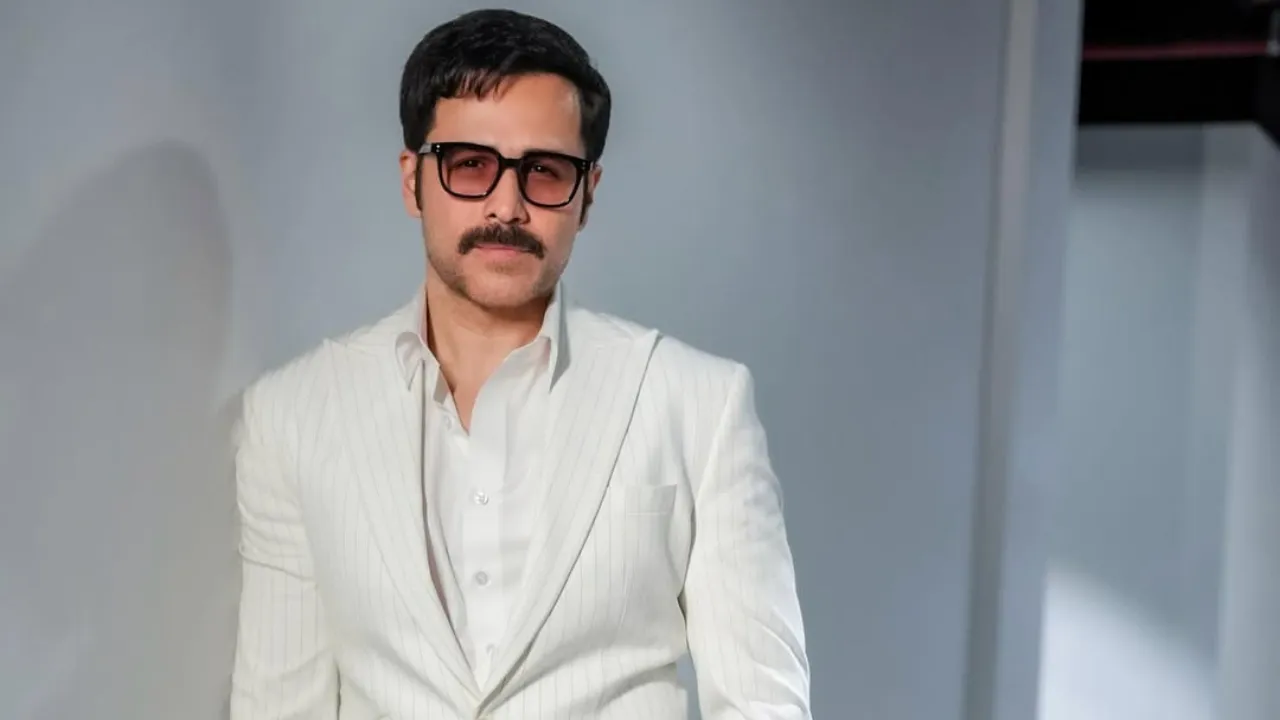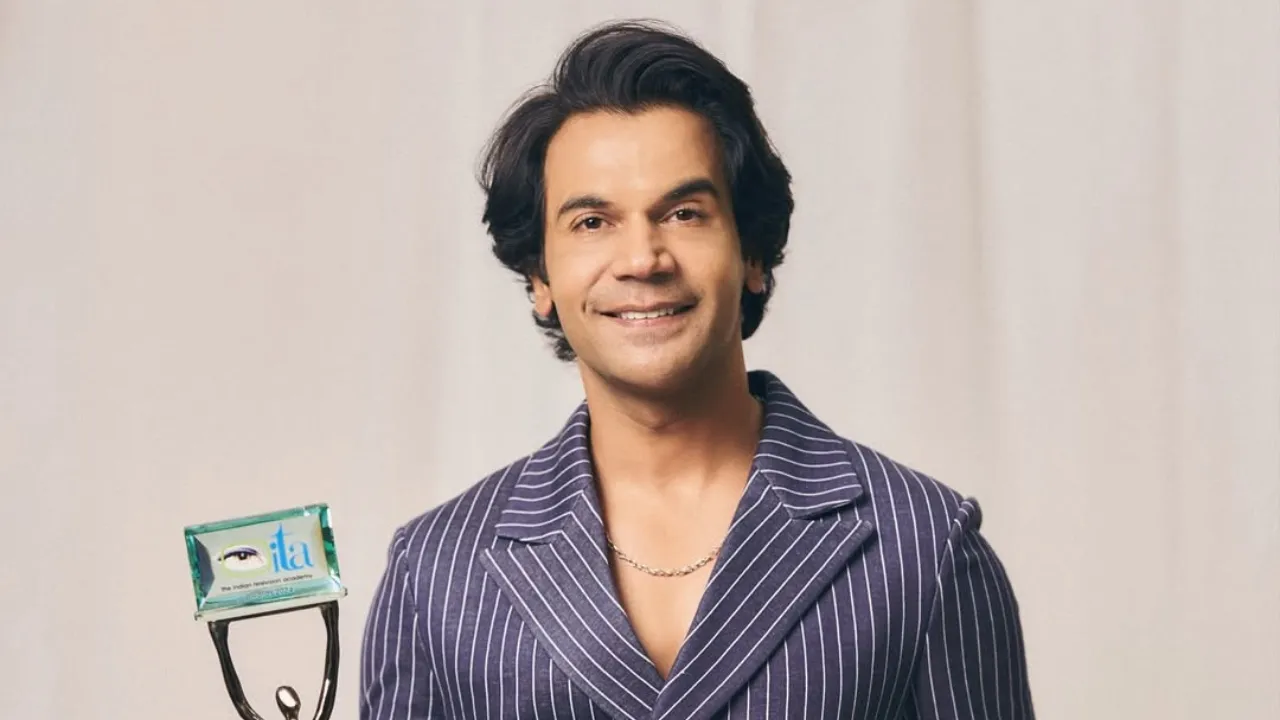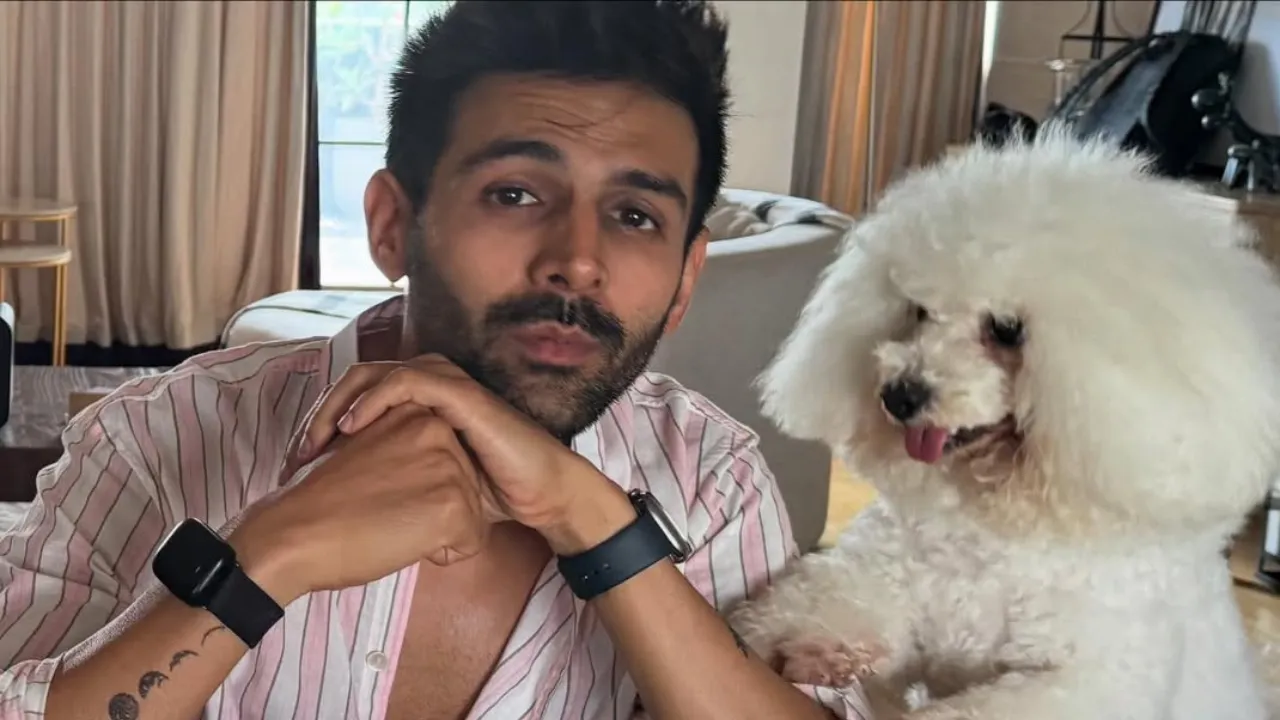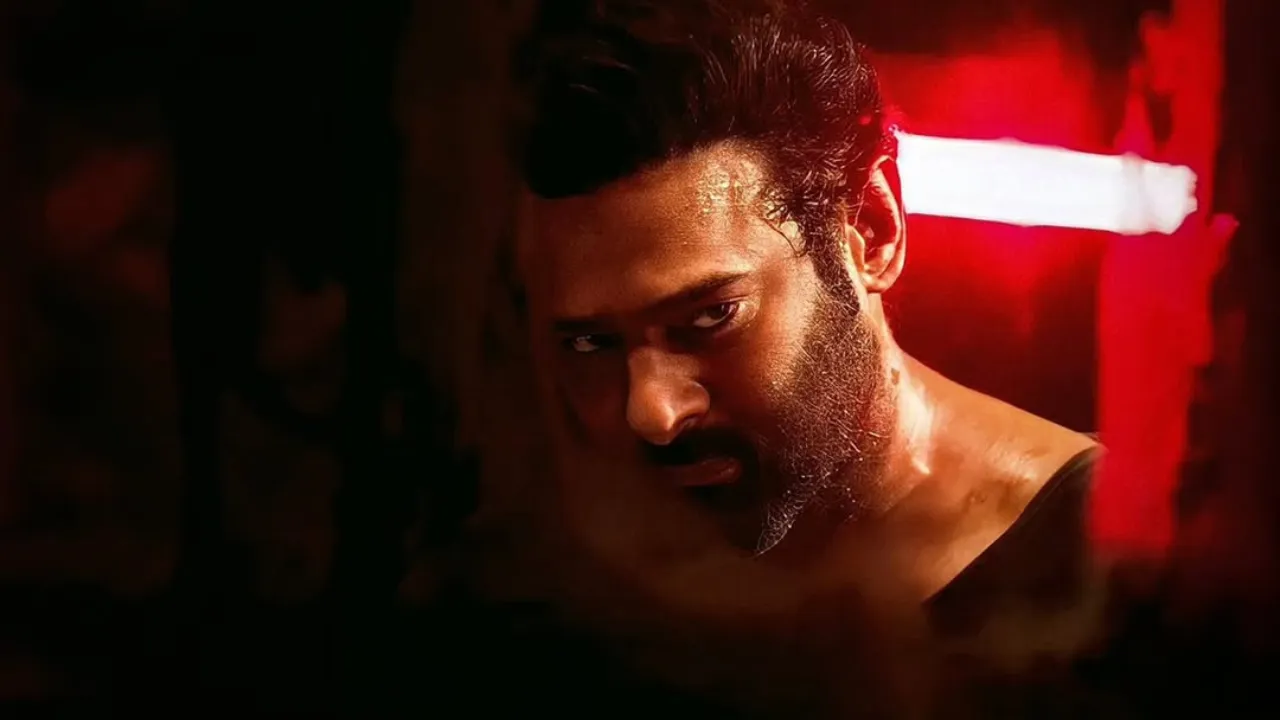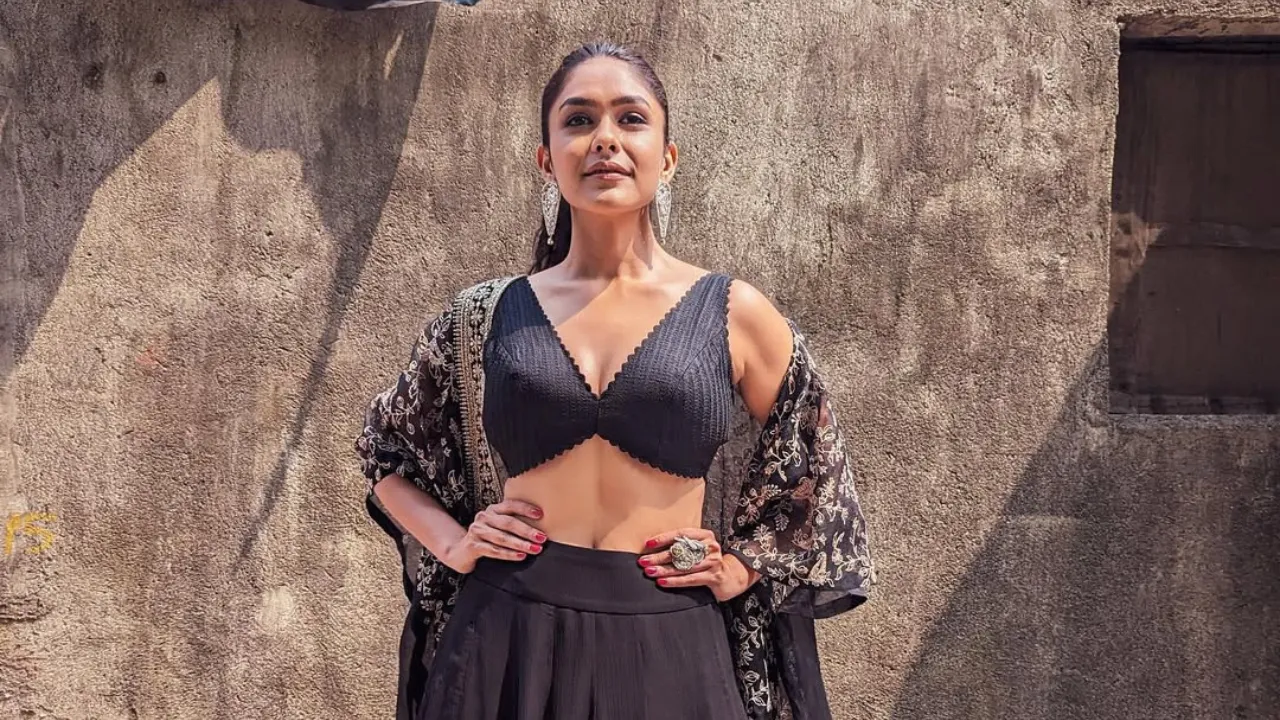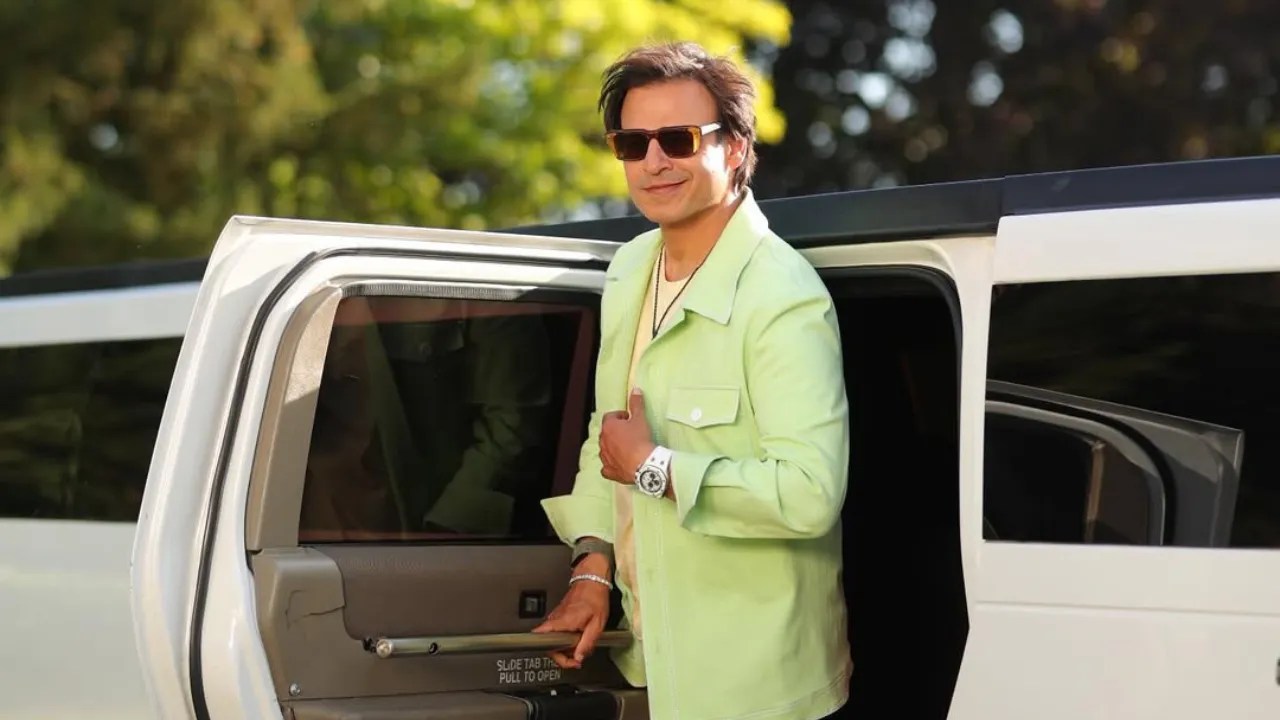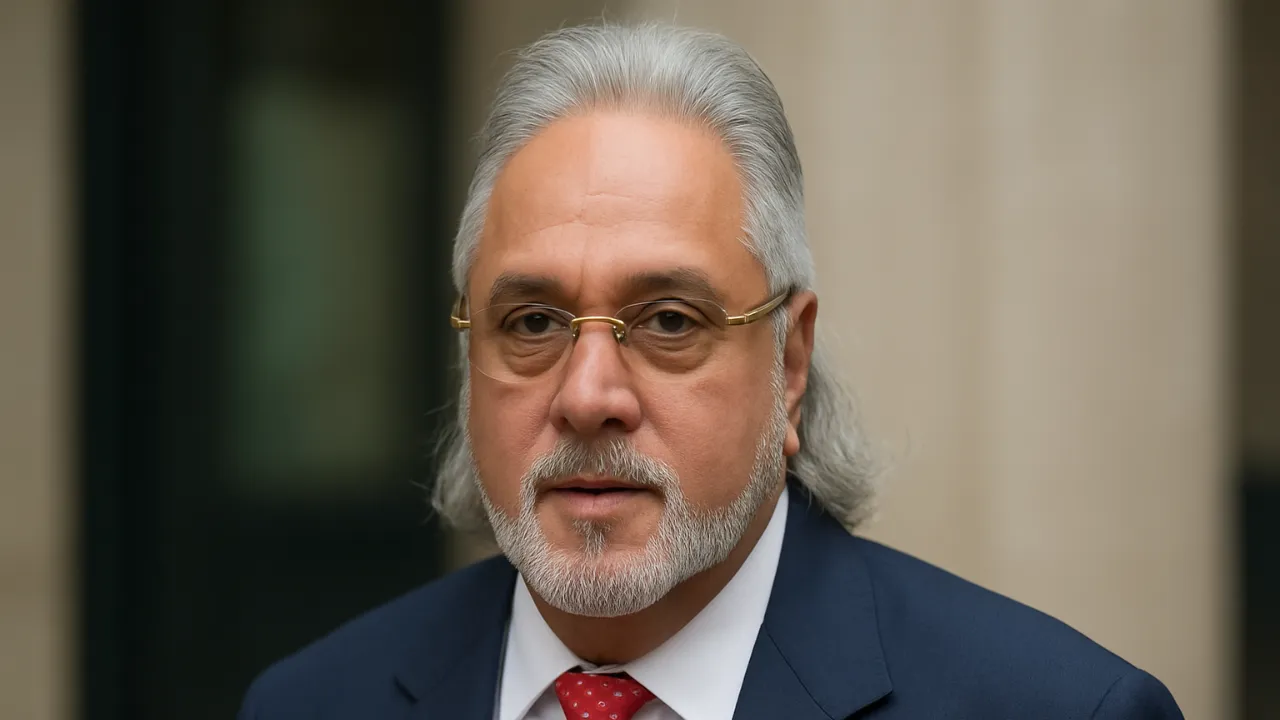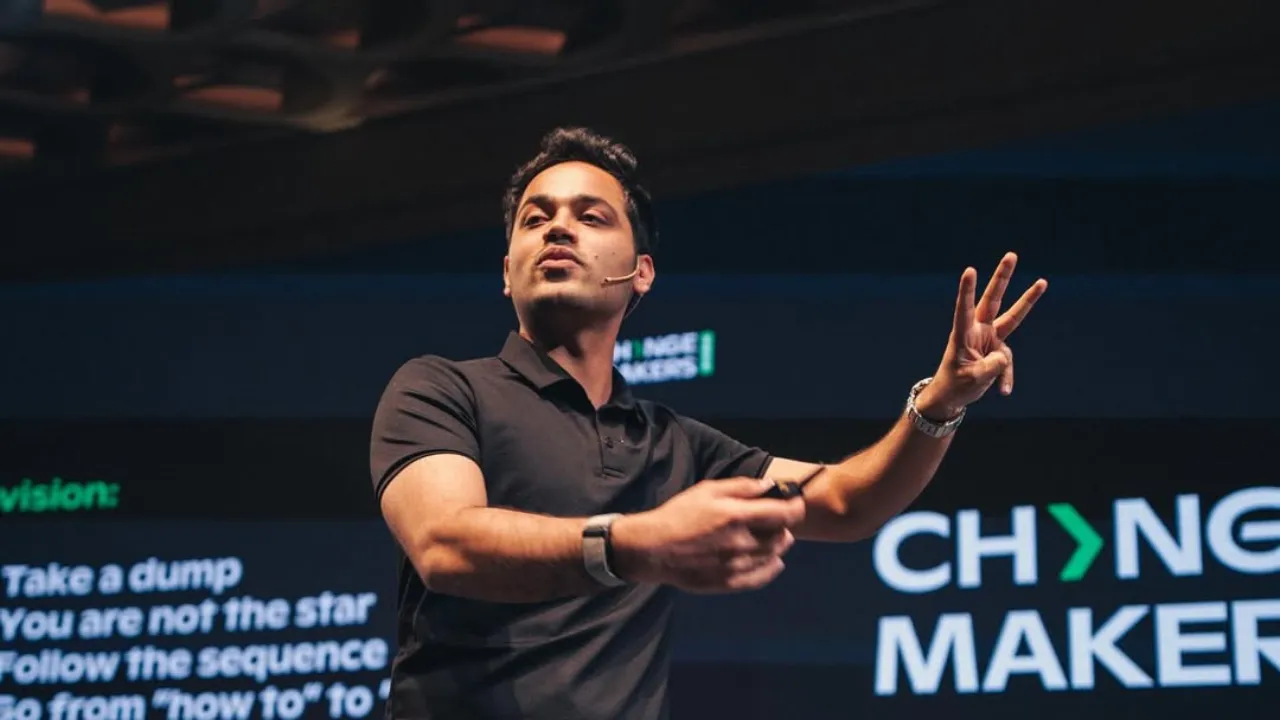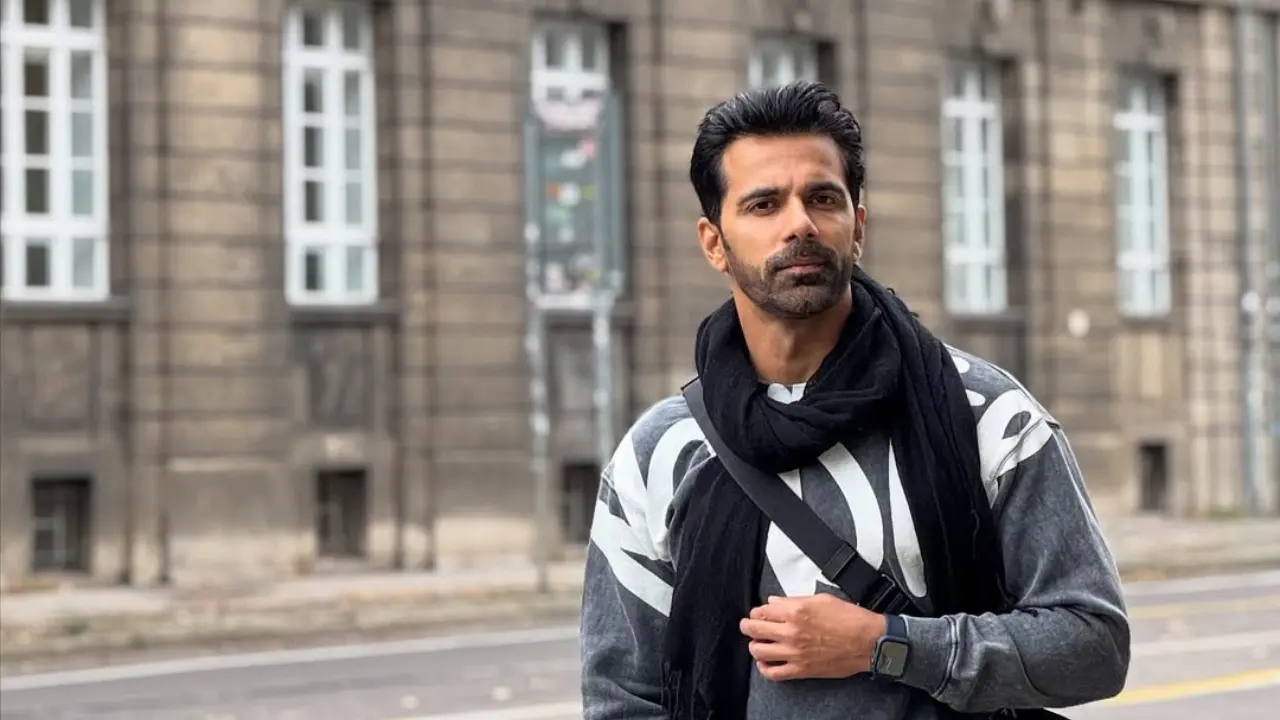Meghna Tewari: Why the BigSarees Founder Quit Her Job to Build a Saree Movement
Meghna Tewari’s path from a long corporate career to founding BigSarees reads less like a sudden leap and more like the natural next chapter of someone who spent decades building brands — then decided to build something of her own. The decision to leave a steady job and start a fashion label was driven by a mix of personal passion for Indian textiles, experience in marketing, and a desire to create work that empowers women artisans.
From Marketing Leader to Founder: the turning point for Meghna Tewari
For 20+ years Meghna worked in brand strategy and marketing across well-known organisations. Over time she says the pull toward Indian handlooms and artisan stories grew stronger than the corporate brief. In mid-2025 she publicly announced stepping into entrepreneurship — a move she framed as pursuing meaningful work rather than simply escaping corporate life. Her own LinkedIn posts describe this as a deliberate, planned shift after years in marketing roles.
Why leave a stable job? The practical and personal reasons
The reasons Meghna Tewari gives are straightforward: deep knowledge of branding (which lowers one startup risk), a long-standing love for sarees and heritage textiles, and a wish to build something that directly benefits craft communities. Rather than reinventing her skillset, she applied it to a category she already cared about — handloom sarees — combining commerce with craft preservation. The BigSarees “about” page lists sustainability, artisan empowerment, and heritage storytelling as core aims under her leadership.
What BigSarees stands for — Meghna Tewari’s vision
BigSarees positions itself as more than a storefront. Under Meghna Tewari’s leadership the brand emphasizes handcrafted work, all-female artisan teams, and sustainable practices. The site presents BigSarees as a platform that curates regional weaves (from Jamdani to Kantha to Madhubani) and brings them to a wider audience while supporting the craftspeople behind each piece. That framing shows how Meghna’s marketing instincts are being used to package a socially conscious brand story.
A community-first approach
Meghna also founded “Saree Lovers Story,” a global community for saree enthusiasts, long before launching BigSarees. That community-building experience has helped her validate product choices, understand customers’ emotional connections to sarees, and shape BigSarees’ messaging — a reminder that modern brands often grow from communities rather than only from ad campaigns.
Early traction and recognition for Meghna Tewari and BigSarees
Since her transition into entrepreneurship, Meghna has already seen media attention and industry recognition. She shared on LinkedIn receiving an “Entrepreneur of the Year 2025” award, reflecting early validation of BigSarees’ mission and execution. Such recognition helps a new brand gain credibility quickly — especially one centered on heritage textiles where trust matters.
What this traction means for buyers and artisans
For customers, traction signals product quality and reliability; for artisans it means more orders and sustained partnerships. Meghna’s background helps build supply-chain relationships and marketing channels that smaller artisan groups often lack. That combination — craft knowledge plus brand-building muscle — is what differentiates BigSarees in a crowded fashion market.
How Meghna Tewari is applying corporate skills to a new business
The jump from corporate marketing to running a product-led business is significant, but Meghna’s story shows how transferable those skills can be.
- Brand strategy: She uses storytelling to highlight the provenance and techniques behind each saree, not just its price or look.
- Customer insights: Community work with saree lovers helps guide design and curation choices.
- Operations understanding: Decades in organised firms make it easier to set up vendor contracts, payments, and quality checks — key for handloom e-commerce.
Together, these capabilities let Meghna scale responsibly rather than chase rapid, unsustainable growth.
Practical takeaways for aspiring founders from Meghna’s move
Meghna Tewari’s transition offers useful lessons for anyone thinking of quitting a job to launch a brand:
- Build before you leave. Meghna didn’t start from zero — community-building and market knowledge came first.
- Play to transferable strengths. Use your existing expertise (marketing, finance, operations) to de-risk early stages.
- Commit to purpose and product. A clear mission (artisan empowerment, sustainability) attracts loyal customers and partners.
- Seek early validation. Community feedback, small paid pilots, and local events can prove product-market fit before major investment.
Where BigSarees is headed — and what to watch for
Under Meghna’s stewardship, BigSarees looks set to expand its curated collections, deepen artisan partnerships, and grow its online presence. Watch for capsule collaborations with regional weavers, storytelling-driven drops, and possible offline pop-ups — tactics Meghna has used in past roles to build brand momentum. Early awards and media profiles suggest the brand is being taken seriously within the craft and entrepreneurial ecosystem.
Final thoughts: Meghna Tewari’s real achievement
Quitting a secure job to start a brand is always risky — but Meghna Tewari’s approach shows how risk can be managed with experience, community, and a clear mission. More than launching a business, she’s building infrastructure that connects customers to artisans, preserves traditional skills, and creates livelihoods. For readers curious about entrepreneurship in fashion, her story is a concise blueprint: combine domain passion with learned expertise, validate early, and let purpose steer growth.
